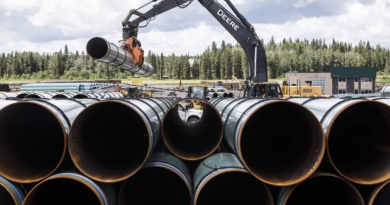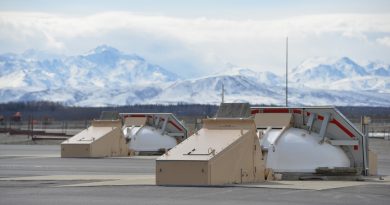Trump, taxes & tariffs dominate election debate, leaving Arctic overlooked
Simultaneous translation in English:
Simultaneous translation in Inuktut (Nunavik dialect):
Canada’s federal party leaders clashed over Trump, taxes and trade during the first televised election debate—but everyday issues facing the country’s arctic communities were largely absent.
The French-language debate marked a key moment in the federal campaign, where Mark Carney (Liberal Party), Pierre Poilievre (Conservative Party), Jagmeet Singh (NDP) and Yves-François Blanchet (Bloc Québécois)/ went head-to-head on five themes: cost of living; energy and climate; the trade war with the U.S.; identity; and immigration and foreign affairs.
(Green Party co-leader Jonathan Pedneault was excluded from the debate after the party failed to meet the Leaders’ Debates Commission’s criteria, due to the Green’s decision to withdraw several candidates in key ridings for strategic reasons.)
In the days leading up to the debate, voters in the North highlighted concerns like food insecurity, living costs, Arctic sovereignty, and the severe housing shortage and overcrowding.
But while the debate covered pan-Canadian issues like rising costs and the challenges of building homes to keep pace with population growth, the policy discussions focused on solutions for the South, leaving the unique challenges faced by northern communities unaddressed.
Housing challenges front and centre—but only in the South
Housing dominated early exchanges in the debate. Bloc Québécois leader Yves-François Blanchet called for policies to reduce speculation and make homes more affordable.
“We need to reduce speculation on house prices, we need to invest in affordable housing, social housing, student housing to ensure a good price and reduce pressure on residences in Canada,” he said.
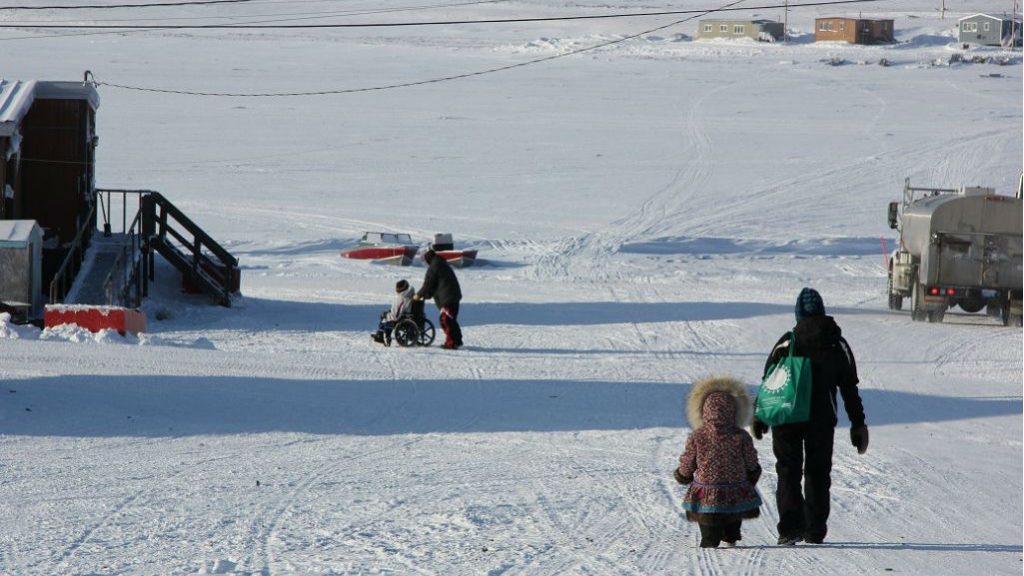
Conservative leader Pierre Poilievre pushed for accelerated construction, blaming shortages on red tape and skyrocketing costs.
“The reason housing has become so expensive is because of taxes and bureaucracy,” he said.
“I will eliminate the GST on new homes. I will incentivize cities to free up land and accelerate permits so we can build, build, build your homes.”
But the leaders were mum on the challenges driving the housing crisis in the North—including high transportation costs, a shortage of local labor, supply chain delays, and the need for climate-resilient infrastructure.
Climate and Energy: Pipelines in the spotlight
In the climate section, candidates sparred over oil, gas, and renewable energy—but with no mention of the Arctic’s role in resource development or climate change.
NDP leader Jagmeet Singh called for public investments in green energy.
“With our public money, I would spend on projects like an east-west clean energy grid, that’s the kind of thing we need,” he said.
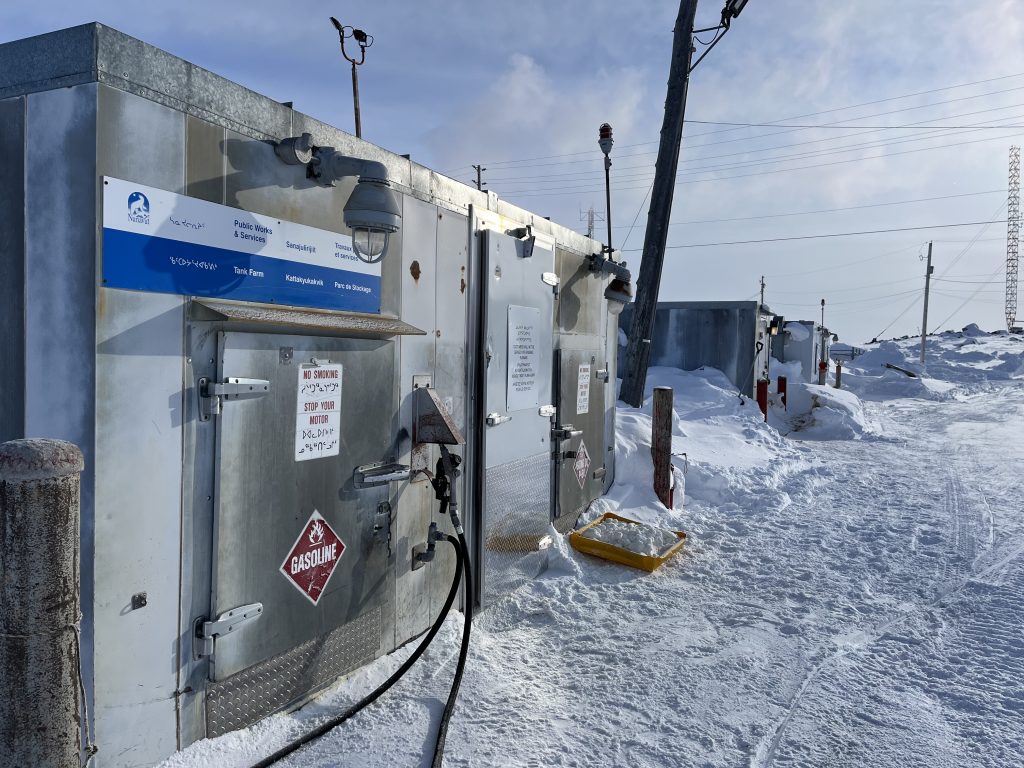
Liberal leader Mark Carney said Canada should increase oil output for national security reasons, but stressed projects would not be imposed on unwilling provinces or Indigenous nations.
“Yes, more oil [production] so we can reduce our imports, especially our imports from the U.S., a country that is threatening us right now,” he said.
“We need to have pipelines and we need to invest in carbon storage, and carbon capture as well. That’s very important.”
But although the climate and energy section covered everything from nuclear energy to tramway projects, Arctic-specific issues like permafrost melt, northern grid reliability, or remote energy needs weren’t broached.
Trade, identity, immigration—but still no North
Trade tensions, particularly with the U.S., drew sharp comments from several leaders.
Poilievre accused the Liberals of making economic decisions that had weakened the country, and said it was important to now develop Canada’s natural resources and cut taxes. Carney argued for a more strategic approach to international partnerships.
Meanwhile, Singh argued that the trade war was not a time to make cuts, but rather a moment to invest in sectors ranging from farming and health care to culture and the French language.
“These things should not be sacrificed,” he said.
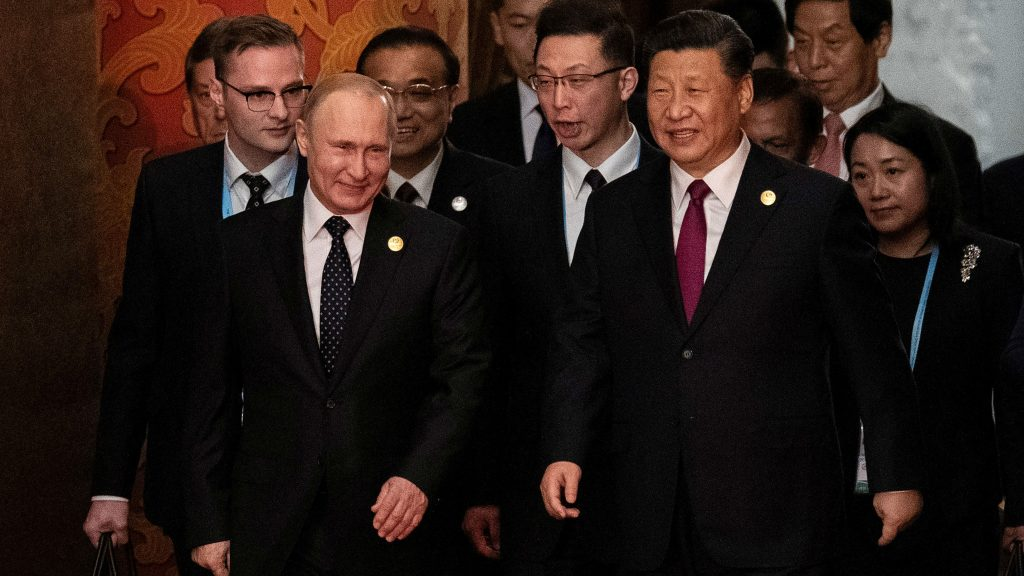
The Immigration and Foreign Affairs section sparked debate over intake levels and integration of newcomers, but foreign policy discussions were limited and the Canadian Arctic’s strategic importance amid Russia-U.S. tensions, along with increasing activity from Moscow and Beijing in North, was not raised.
The second official debate, in English, will take place on April 17 and will be streamed on Eye on the Arctic starting at 7 p.m.
Canadians will go to the polls Monday, April 28.
Comments, tips or story ideas? Contact Eilís at eilis.quinn(at)cbc.ca
Related stories from around the North:
Canada: Inuit women’s org urges federal leaders to address housing, costs, and violence, CBC News
Greenland: Greenland’s new parliament convenes for first time amid Trump pressure, Thomson Reuters

